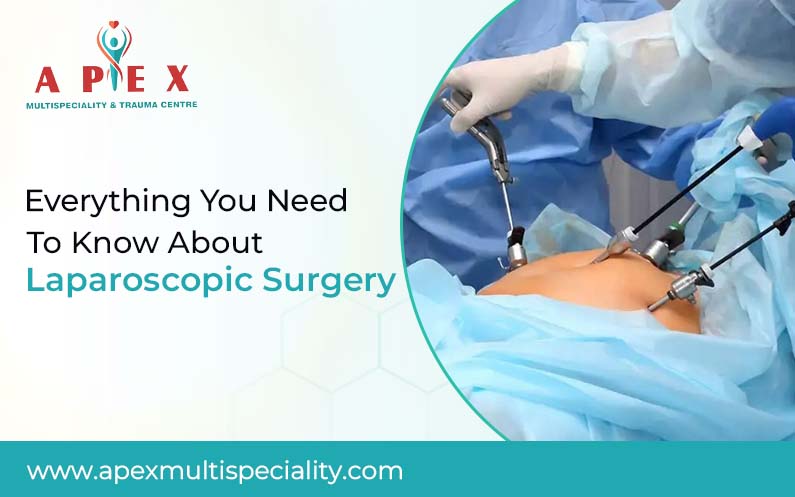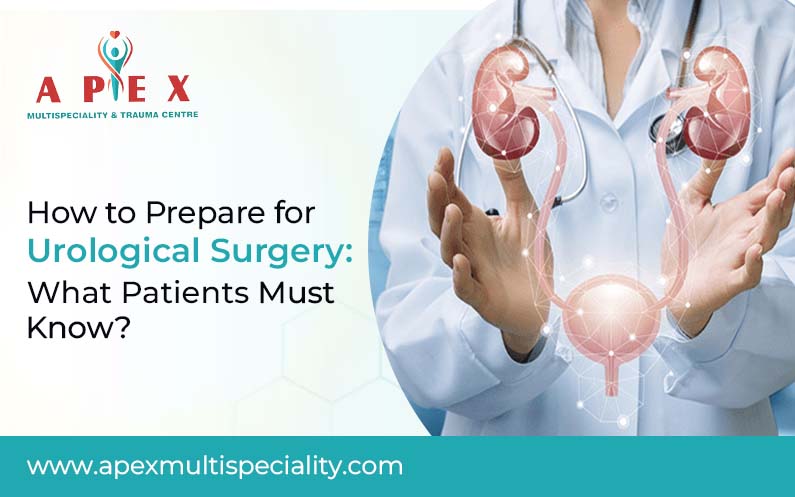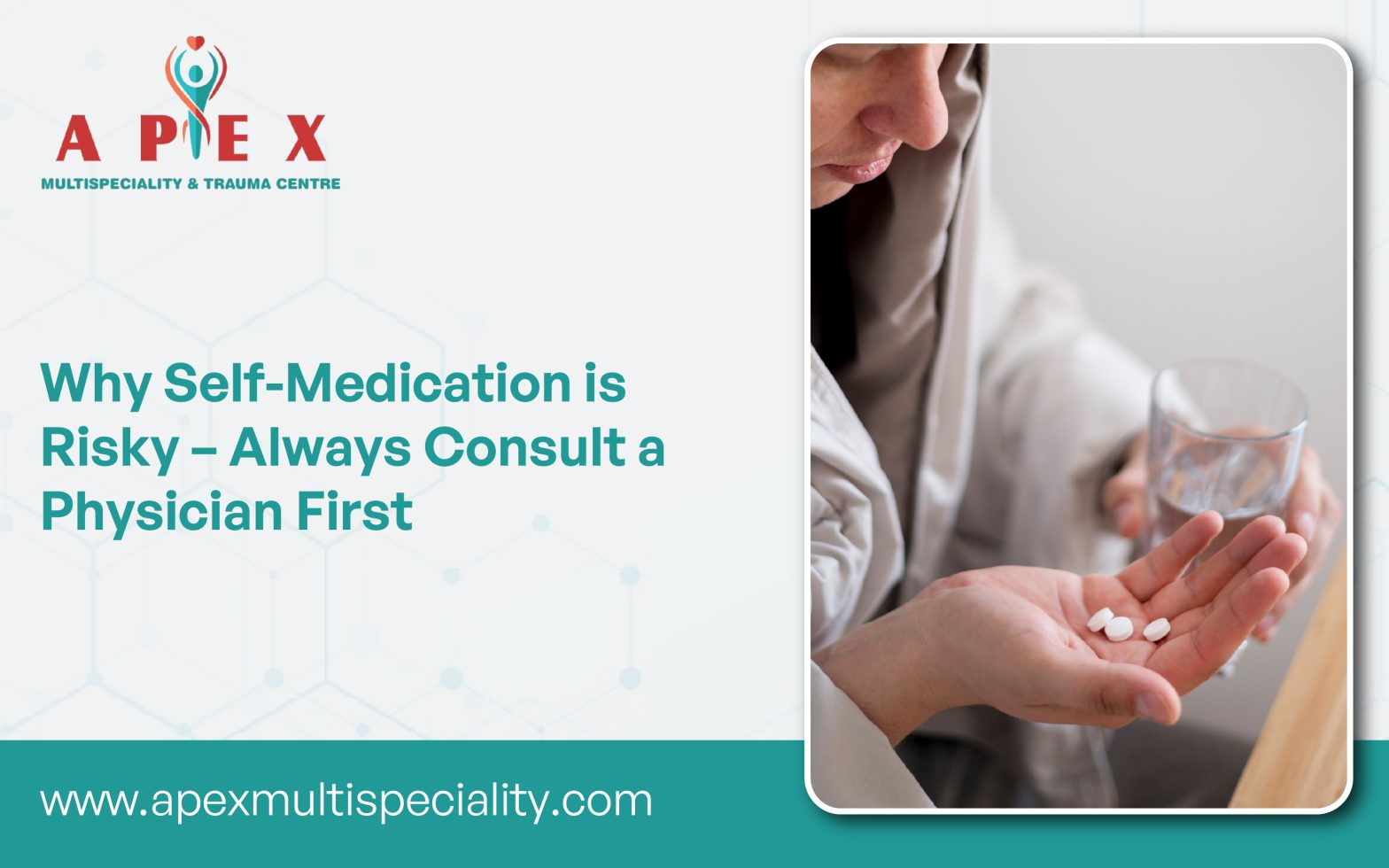Cancer- it’s a word that raises fear and shakes the foundation of your life in a moment. It does not knock but enters your life quietly and unexpectedly. However, early action helps you win the battle against this deadly disease. The sooner the cancer is diagnosed, the better the chances of recovery. Timely oncology care in Bharuch also leads to less invasive and more effective treatment. Let us talk about the significance of early diagnosis of your cancer symptoms. What is the Importance of Early Cancer Detection? Early detection and timely treatment are the best ways to save a cancer patient. Regular screenings are also crucial for identifying cancer symptoms early. Learn about the benefits of diagnosing and treating cancer without delay. Make the treatment successful– If your cancer cells are small and localized, the disease is in a benign stage. Cancer is curable and more manageable in this stage. So, you can consult an oncologist to start the best treatment. More treatment options– Early diagnosis will save you from highly invasive treatments and complicated surgeries. The experts recommend less invasive procedures for treating the symptoms. Innovative cancer treatments will reduce the impact on your mental and physical health. Better quality of life– If you neglect your symptoms, cancerous cells will spread to different body parts. It may limit the chance of recovering from the disease. Moreover, malignant cancers need aggressive treatments, which cause significant side effects. Complications from treatments will affect your quality of life. Save your treatment costs– Cancer treatment is a costly affair. Early diagnosis will help you save costs on treating cancer. Less intensive cancer treatments are more affordable. You do not need to stay in a hospital for several days. On the contrary, malignant cancer needs costlier treatment, which is a concern for most patients. Factors Affecting Early Diagnosis of Cancer Knowledge and awareness– Most people are not aware of risk factors and cancer symptoms. That is why they overlook the need for starting treatment. It is essential to educate everyone about cancer and encourage early detection. Screenings for diagnosis– The best multispecialty hospital in Bharuch has facilities to conduct different tests, such as colonoscopies and mammograms. The accurate report of the tests helps doctors detect if you have cancer risks. Access to oncologists– Affordability and insurance coverage are some factors that affect people’s decisions to access medical care. Sometimes, limited access prevents cancer patients from getting effective treatment at the right time. Environmental and genetic influences– Genetic factors and exposure to environmental elements increase the risk of experiencing cancer symptoms. These factors also influence cancer progression and response to treatment. So, contact the best oncologists to detect cancer symptoms early. Different Cancer Screenings for the Timely Detection of the Disease Your doctor will recommend the medical test depending on your cancer type. A Pap Smear is a screening process for diagnosing cervical cancer. It involves collecting your cervical cells and detecting potential abnormalities. Mammography is a way to screen for breast cancer and produces X-ray images of your breast tissues. Colonoscopy is recommended for those with colorectal cancer and precancerous growths. CT Scans and MRIs detect cancers in different organs, such as the liver and lungs. For suspicious moles on your skin, you need a skin test. Families with a particular type of cancer should undergo genetic testing for early diagnosis. Listen to Your Body and Start Cancer Treatment Today Cancer may arrive uninvited, but early awareness and timely action can make all the difference between fear and hope. Listening to your body, recognizing unusual symptoms, and seeking medical help at the right moment can truly change the course of your journey. Every day counts when it comes to cancer detection and treatment, the earlier you act, the stronger your chances of recovery. If you or your loved ones notice warning signs, do not wait for them to worsen. Consult an experienced Oncologist in Bharuch at Apex Multispecialty Hospital to ensure you receive the right diagnosis and care from the very beginning. With timely intervention, advanced technology, and compassionate support, fighting cancer becomes a battle you don’t have to face alone.
Cancer Treatment in Bharuch: The Importance of Early Detection & Timely Care












